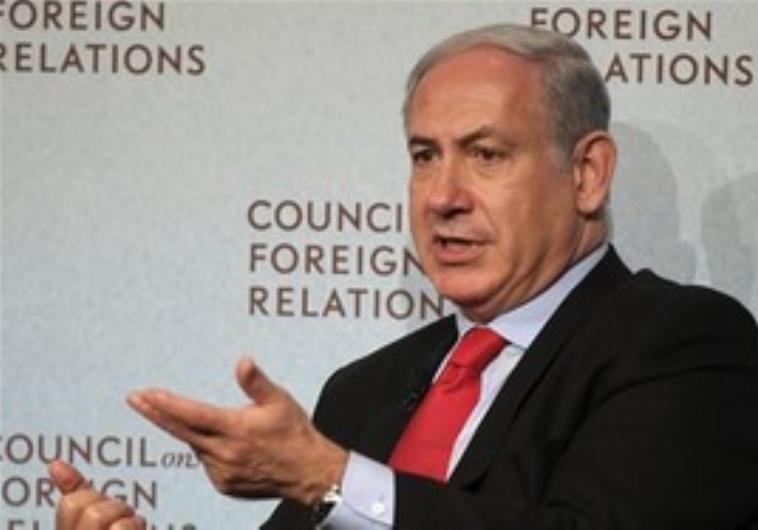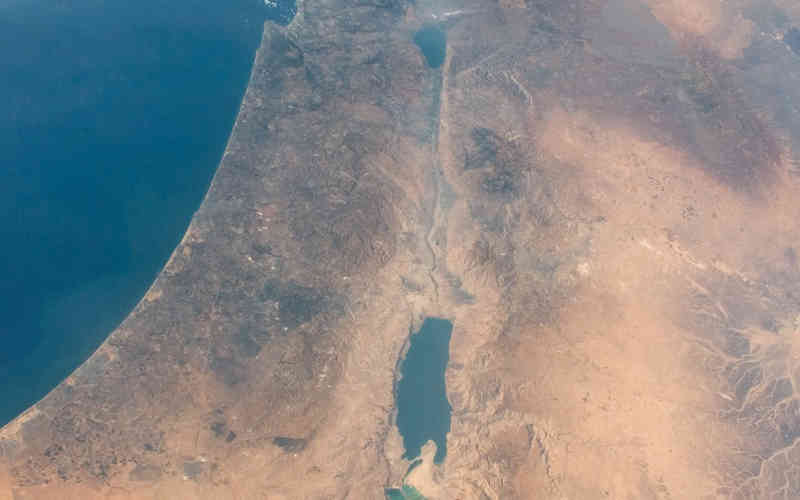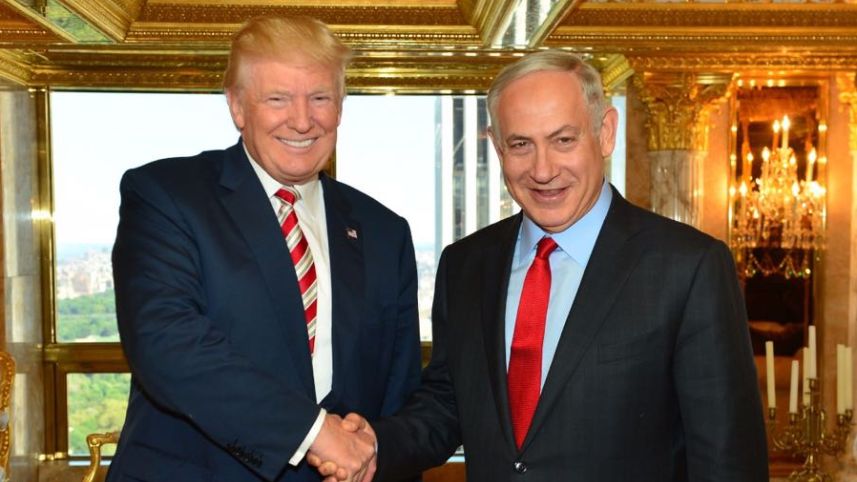In this publication, Gershon Baskin and Sharon Rosenberg claim that the Israeli decision-makers and the Israeli public have given very little attention to the effects of constructing the wall on the Palestinian economy.
In the short term the construction of the wall may accomplish its main aims, that is, to prevent the entry of suicide bombers into Israel proper. In the long run, however, it appears that this goal will not be achieved. This is due to the very strong correlation between the security problems and economic issues. Preventing Palestinians from entering Israel and the separation of ten of thousands of people residing near the Green Line from their sources of income will not help the de-escalation of the conflict or bring peace to the region. On the contrary, it will turn the struggle to a more extreme one. Putting ten thousand Palestinians behind walls will enhance their feeling that their promised homeland has become a large prison limiting their movement, their contact with the outside world and their ability to support their families.
The New Walls and Fences: Consequences for Israel and Palestine is published by the Centre for European Policy Studies (CEPS) Middle East and Euro-Med Project. The project addresses issues of policy and strategy of the European Union in relation to the Israeli-Palestinian conflict and the wider issues of EU relations with the countries of the Barcelona Process and the Arab world.
Click here to download and/or read The New Walls and Fences: Consequences for Israel and Palestine


